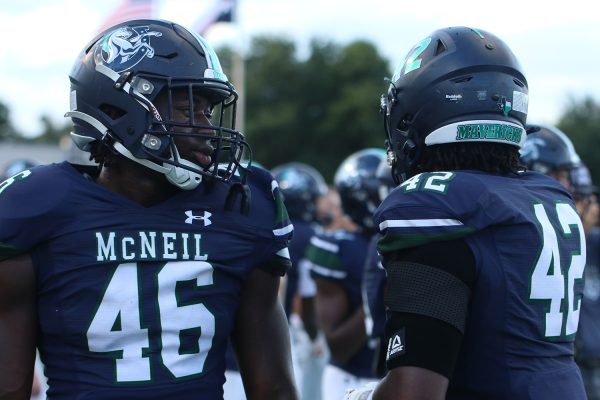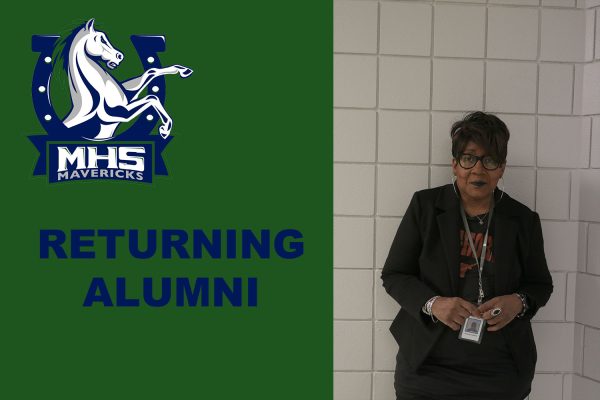RIP: New Slang That Doesn’t Pass Away
Countless students add RIP to their everyday vocabulary

“RIP” has become the new slang.
It’s no surprise that school can be a cause of stress. However, with the load of homework and tasks at home, many students have equated their struggles with death through the phrase rest in peace, or RIP.
As a student who finds herself saying RIP, I understand why my peers use such a death-related saying in simple conversations — it conveys a feeling of sympathy and closure. Yet, the RIP slang is one that needs to be stopped.
Whenever a student regrets making a mistake on a math test or forgets to bring his homework, more often than not a fellow student will say RIP. However, it’s disrespectful and unappreciative to equate our struggles to death. We should be grateful that we can go to school and have the opportunity to learn through the mistakes we make on tests. A bad grade or one mistake does not merit a rest-in-peace because it does not indicate an end of anything.
The RIP slang used in teenage conversations is essentially an overly dramatic expression that encourages negativity. After admitting a wrongdoing, an individual should receive understanding and support from his peers, not a trite, “you’re done for” expression. Saying RIP unconsciously sways individuals to believe that their mistake is a major downfall.
Researchers argue whether the advent of violent movies and video games has desensitized the American public. The RIP trend seems to be proof that young adults have become apathetic towards death to some degree. Despite the popularity of the slang, it’s important students are aware of its true meaning and not instinctively blurt out RIP to every obstacle in life.
Your donation will support the student journalists of McNeil High School. Your contribution will allow us to purchase equipment and cover our annual website hosting costs.










